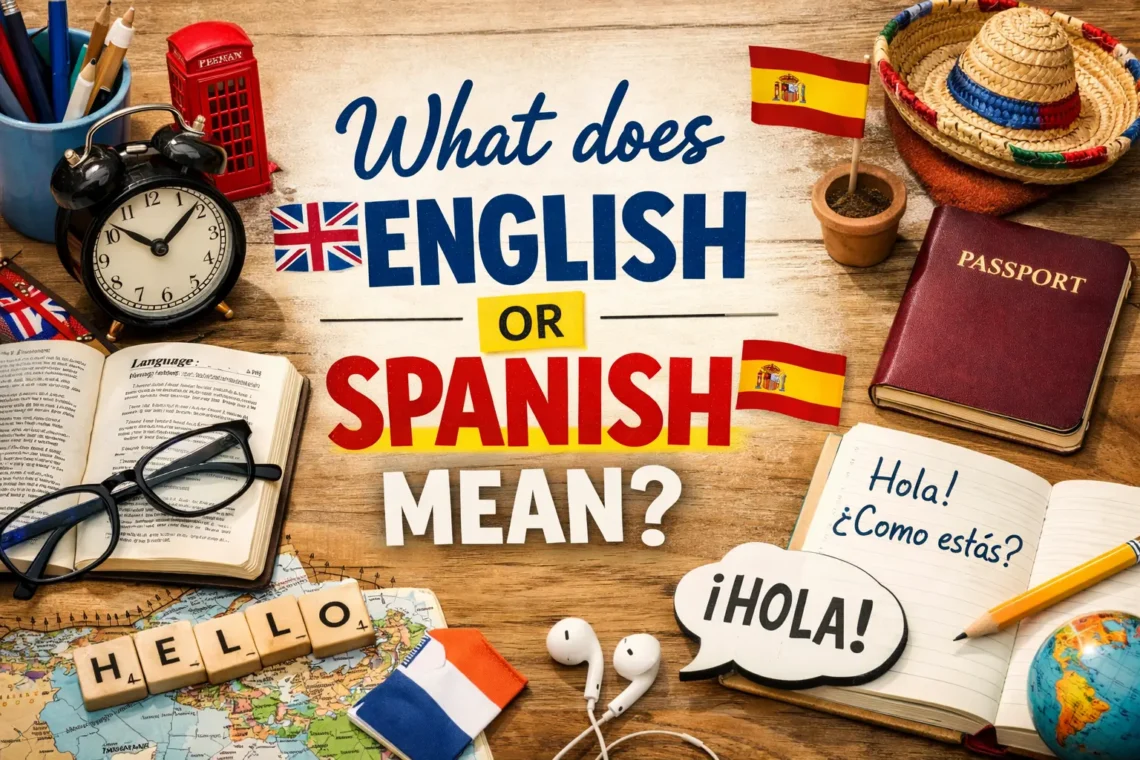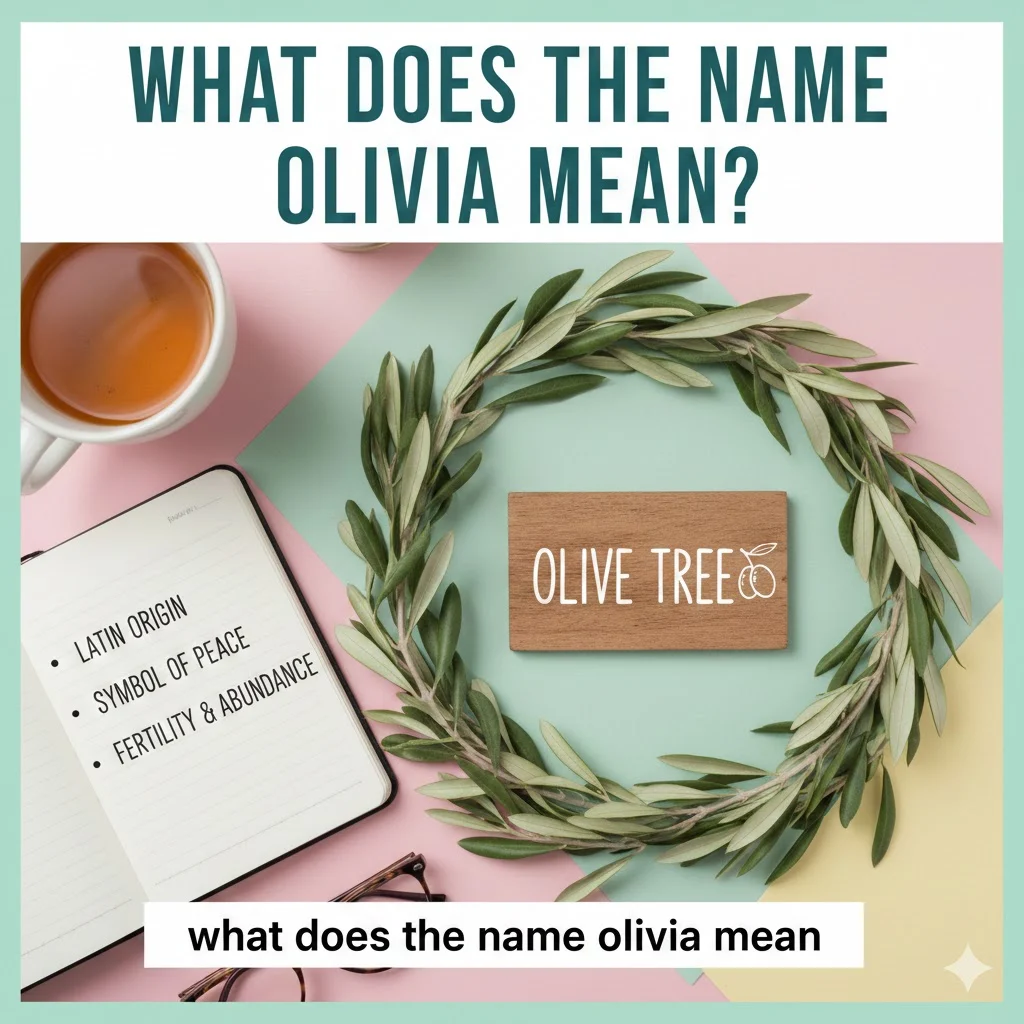In the world of modern sports, data is just as important as the final score. A professional pie chart generator is an essential tool for coaches, analysts, and sports media creators to visualize how different parts of a game contribute to the whole. Whether you are breaking down a team’s…
-
-
Dylan Efron, younger brother of Hollywood star Zac Efron, is steadily building his own name in the entertainment industry. While many initially recognized him through his family connection, Dylan has proven himself as a talented content creator, reality TV star, and media personality. From appearing on The Traitors Season 3…
-
Cheating has evolved. What once required a hidden note or a quick glance now happens through bots, second screens, deepfake identities, and real-time collaboration tools. As digital platforms scale, traditional rule-based detection systems fall short. This gap explains the rise of Cheater Buster AI. Cheater Buster AI refers to an…
-
Jack Gleeson, the Irish actor who famously brought the sadistic King Joffrey Baratheon to life in Game of Thrones, continues to intrigue fans not just for his unforgettable role, but also for his financial standing. Despite stepping away from mainstream acting at a young age, curiosity about Gleeson’s net worth…
-
A Friendly, Expert Guide for Patients & Curious Readers Imagine you get your blood test results back and see the words “high TPO antibodies.” Your heart might skip. Cancer? You ask yourself. This fear is totally understandable — anything involving “antibodies” and body systems sounds serious. But before you jump…
-
Have you ever wondered what does Olivia mean and why it’s one of the most beloved names around the world? Whether you’re a parent-to-be hunting for the perfect name, a curious individual exploring your own name, or just someone fascinated by name meanings, Olivia has a story worth knowing. From…
-
You may have seen someone suddenly ask, “English or Spanish?” in a video, comment section, or text chat. At first, it sounds like a simple language question. But online, it often means something very different. So, what does English or Spanish mean in texting, TikTok, memes, and casual conversation? This…
-
Have you ever wondered what the name Olivia means or why it’s become one of the most popular names for girls worldwide? Whether you’re naming a baby, exploring your own name, or just curious about its history, understanding Olivia’s meaning gives insight into its charm and personality associations. In this…
-
If you’ve ever come across “RPM” in a chat, text, or social media post, you might have wondered: Is it slang? Is it a tech term? Or something else? People often Google “what does RPM mean in text” because it can have multiple meanings depending on context. This guide explains…
-
Social media can be a double-edged sword. While it connects us with friends, family, and communities, it can also expose us to unwanted interactions, spam, or even harassment. Instagram recognized this and introduced a feature called Restrict, designed to give users more control over their social interactions without confrontation. But…









